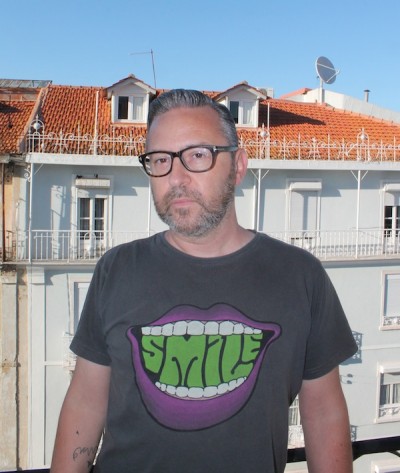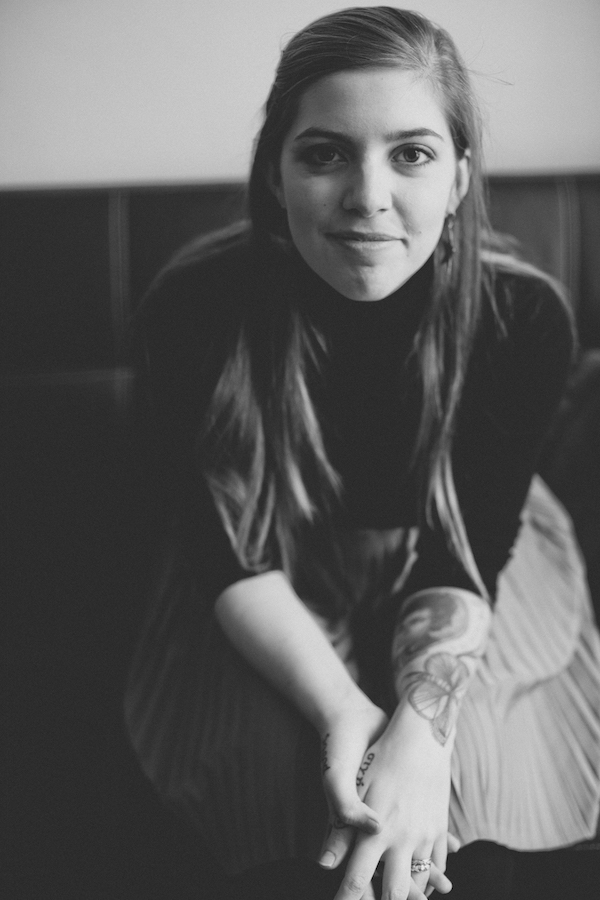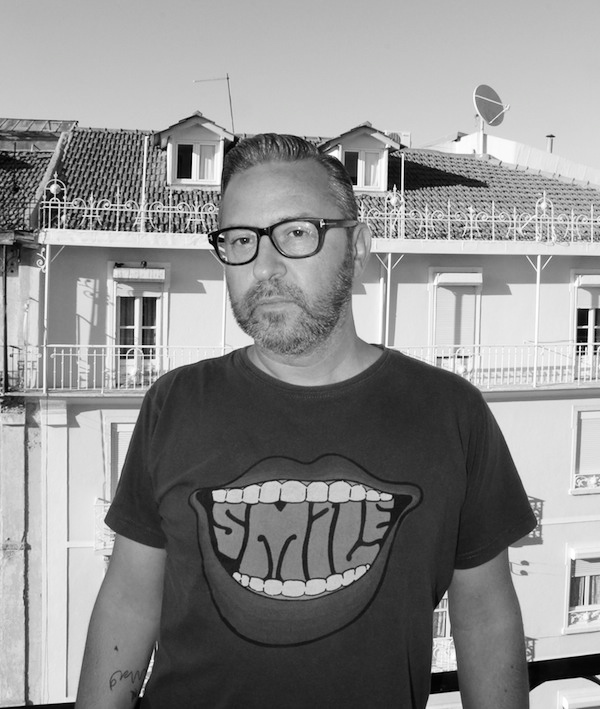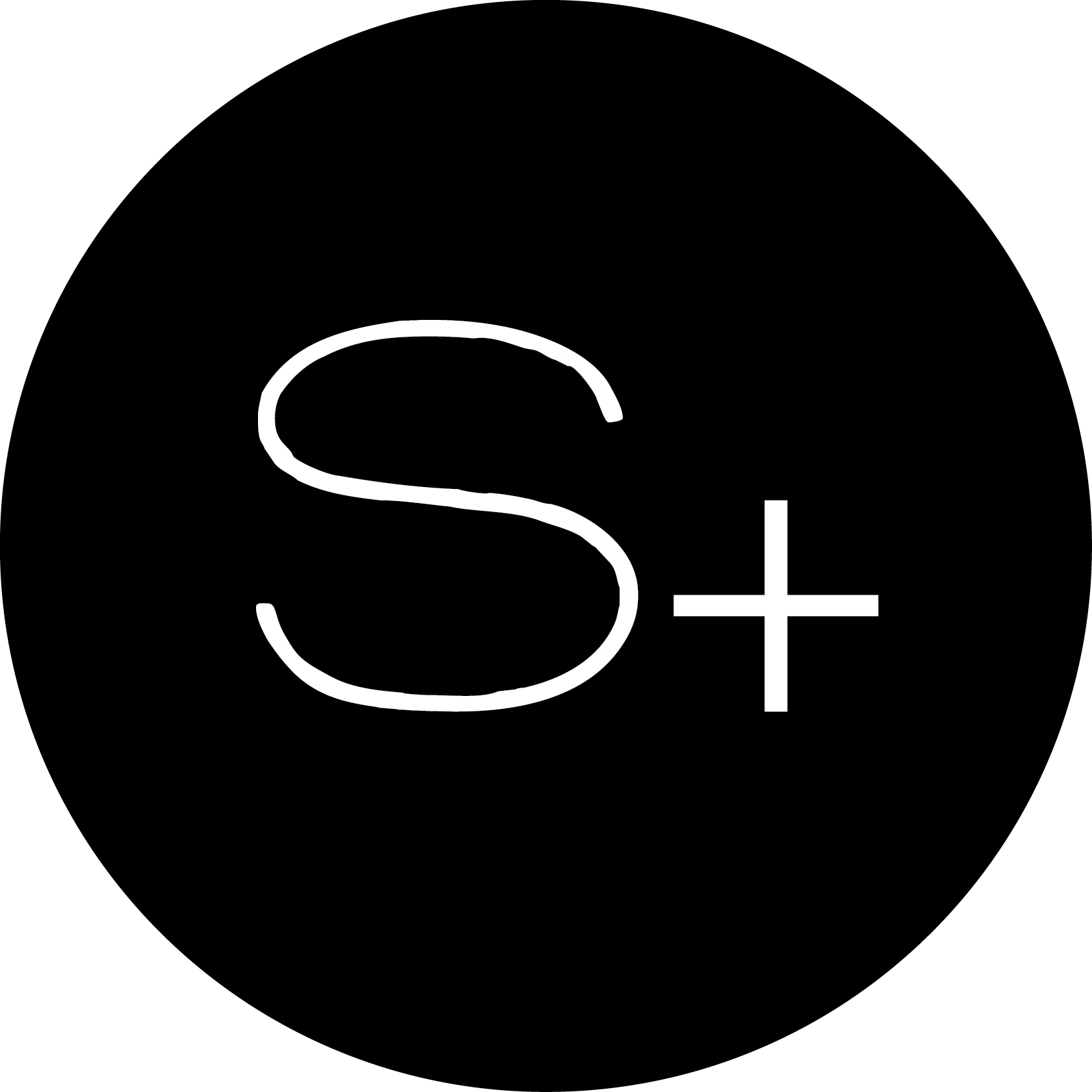A Sketch for Nothing
MICHAEL LANGAN is a former performance poet, constantly struggling novelist, and current memoirist. He has lectured and taught creative writing at Liverpool John Moores University and Greenwich University London for fifteen years and now writes on visual art, literature, film and dance. He also works as a mentor and reader for The Literary Consultancy. He is lucky enough to live in Lisbon with the man he loves. Michael is also currently Arts Editor of Polari magazine, the online LGBT arts and culture review.
In his monthly column Notes Towards Uncertainty, he explores his decision to give up his secure teaching job to concentrate on his own writing life. He had achieved a lot of things in his academic career, but not the stuff of his dreams. Follow Michael over the coming months as he tells the story of how and why he took this leap of faith and the rewards and difficulties it presents.
A Sketch for Nothing by Michael Langan
In my second column I wrote that one of the difficulties with writing is in keeping the faith, believing in its difficulties as a facet of the process, and concluded that writing is the answer to the problems of writing. This ongoing meditative interrogation for Seymour has been part of that keeping the faith too. Every month I sit down to write my column, which has been all sketched out, and every month I feel lost as to how to fill it in, and every month it comes good (I hope). But why is writing not made any easier by knowing this will be part of the process? I feel like one of those people with short-term memory loss who wake up every morning and have to be told by the complete stranger lying in bed next to them that they’re married and have been for years.
Every day I fear the work, and can’t quite recall how I got over it last time. Every day I must try to remember and apply those strategies I’ve already devised to overcome learned helplessness and generate words and thoughts, as if anew; facing down doubt, distancing myself from technology, exchanging the space I am in for another space, just getting on with it. It makes me ask: what is there to discover every day about ourselves beyond our own inadequacy?
In Milan Kundera’s The Unbearable Lightness of Being, Tomas is trying to decide if he should allow his lover, Teresa, to move in with him. The quandary confronts him with his own cowardice in matters of love. Tomas realises that not knowing what to do is a natural state of existence; it is humankind’s everyday existential crisis:
We live everything as it comes, without warning, like an actor going on cold. And what can life be worth if the first rehearsal for life is life itself? That is why life is always a “sketch.” No, “sketch” is not quite the word, because a sketch is an outline of something, the groundwork for a picture, whereas the sketch that is our life is a sketch for nothing, an outline with no picture.
When you give up your job, as I did, you don’t just give up a job, you give up a position, and we call it a position because it locates you. When you give up your location (suddenly an image comes to mind of myself as an astronaut floating in space. After all those hours of training, all that education and experience, here you are floating in the void. Can anything prepare you for that? How relieving it must feel safely return to your spacecraft, that same relief magnified a hundred-fold when you touch back down on solid ground) the uncertainty is intensified by having no markers by which to navigate. Having the faith to take risks, and then dealing with whatever happens as a result, is my surest response to this notion of life as an outline with no picture.
Recently, I was walking out of my gym in Lisbon, where I go every other day to remind myself I have a body, and I found a piece of stone in the plaza in front of the building, resting on a table. It’s a fragment of something, maybe a frieze, or a sign over a doorway, with just one word carved on it in relief: self. It was like someone had placed it there for me to find. I took it home and, now, it sits in front of me on my work table, both paperweight and totem. I pick it up and hold it sometimes, tracing my finger over the letters s – e – l – f in the hope that my body will absorb some understanding of the word. This simple piece of stone has become a portable marker, of sorts.
Fear is common to a lot of creative people, but what is it that we are afraid of, exactly, when we fear creating? What does our subjective experience of fear contain, and what is at its root? As a teacher I saw fear in my students many times as they got closer to revealing some kind of truth about themselves and the feelings of exposure that went along with that. We think we fear the judgment of others, and often we do, but, fundamentally, I believe the core of the fear comes from being faced with yourself and your own judgment of yourself.
The American novelist, Philip Roth, once said in an interview:
The crude cliché is that the writer is solving the problem of his life in his books. Not at all. What he’s doing is taking something that interests him in life and then solving the problem of the book – which is, How do you write about this? The engagement is with the problem that the book raises, not with the problems you borrow from living. Those aren’t solved, they are forgotten in the gigantic problem of finding a way of writing about them.
I think this is interesting because it shifts the fear away from your self and into the work. Resolution can come in writing much easier than in life, that sketch for nothing. Solving the problems of writing becomes a kind of therapy, in the best sense of being a curative rather than a cure – you can’t ‘cure’ a broken heart, for example, any more than you can grow back a lost limb, but you can heal it. That experience, with all of its accompanying scars, is something you always carry around with you, like a piece of broken stone that you pick up occasionally and trace your fingers over the surface of what is carved there.
And there I was this week, thinking and writing about fear, when something popped up that put it all into perspective and made me want to shut up; the writer and neuroscientist, Oliver Sacks writing in the New York Times about being diagnosed, at the age of 81, with terminal cancer. His final thought is this:
I cannot pretend I am without fear. But my predominant feeling is one of gratitude. I have loved and been loved; I have been given much and I have given something in return; I have read and traveled and thought and written. I have had an intercourse with the world, the special intercourse of writers and readers. Above all, I have been a sentient being, a thinking animal, on this beautiful planet, and that in itself has been an enormous privilege and adventure.
‘The special intercourse of writers and readers’ is the perfect summary of why it’s important to keep doing this, despite all the doubt and fear, and all of the uncertainty. It’s in you and your intercourse with the world – writing, family, lovers, partners, art, books, music, sport – that you locate yourself. You have to become your own marker.
M.L. 2015
Published: February 26th, 2015






